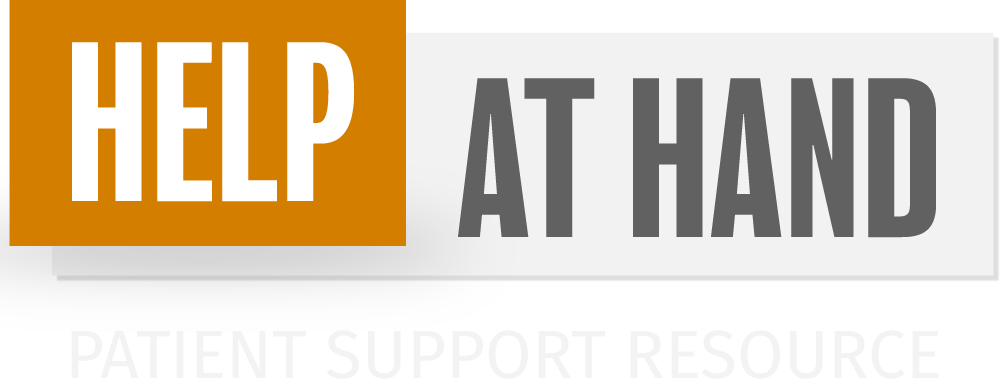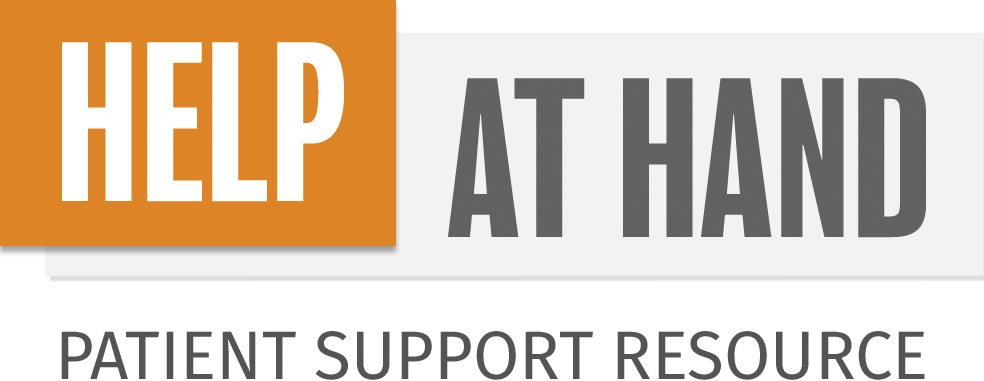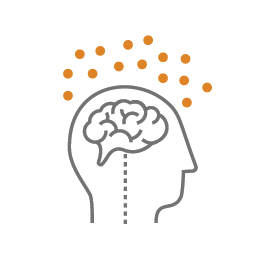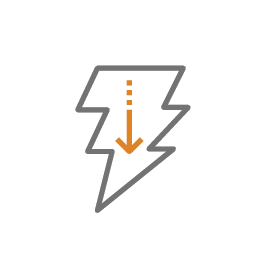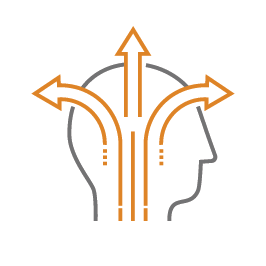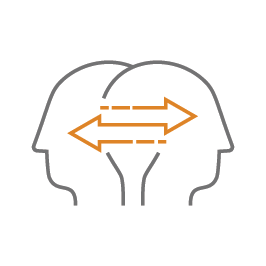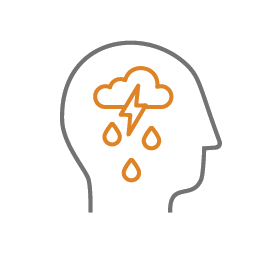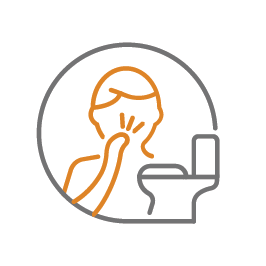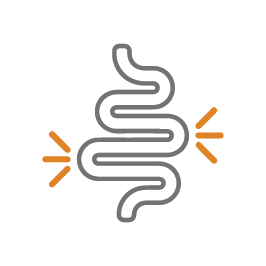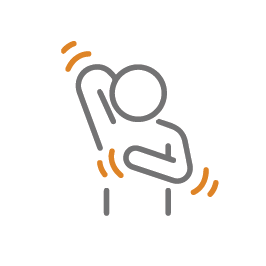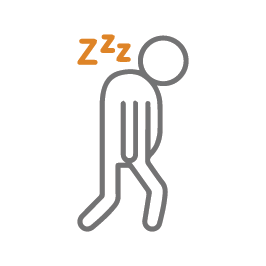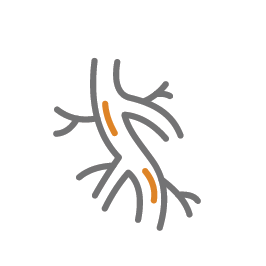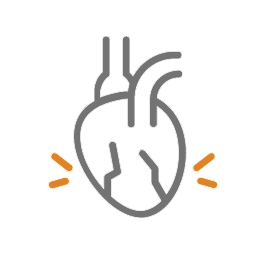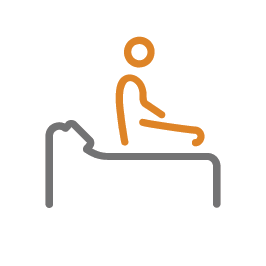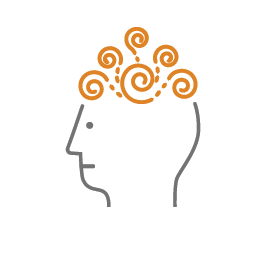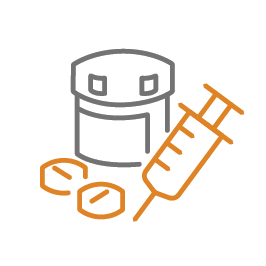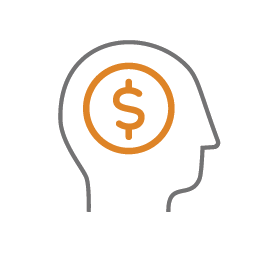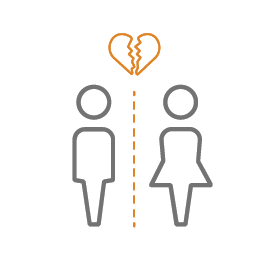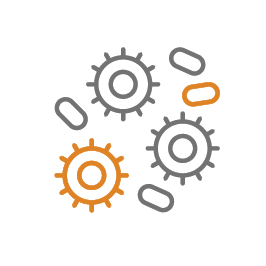The ‘highs’ and ‘lows’ of injecting drug use

Opioid drugs that are injected, e.g. heroin provide a rush of intense pleasure. The ‘highs’ leave you feeling happy, chilled and confident. They also numb pain. For many, ‘shooting’ drugs is a way of coping rather than to feel good.1
Then come the downsides. Especially if you have been injecting regularly and for a long time. It can affect all parts of your life from health to work to relationships.2,3
How is injecting opioids affecting you?
Note you may not be experiencing all of the possible effects listed below.
Psychological Effects
Physical Effects
Extreme Use
Other Effects
Adapted from illustration by Gilmartin B in Hartney E (2020)1
Whether you are worried about how it’s affecting your health, your relationships or work, or if it is causing money worries, there is help and support available.4
Admitting there’s a problem
This is one of the hardest things to do. If you are reading this, you probably have a gut feeling there is a problem.
Maybe ask yourself:5
Have you answered yes to any of these?
What’s Next?
Figure out your reason to make a change. Ask yourself, what would changing your drug use mean to you?
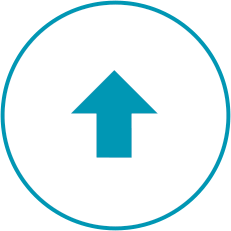
IMPROVE
Physical and mental wellbeing
Relationships with friends and family
Energy
Sleep
Appearance
Money

Reconnect
Emotions

REDUCE RISK
Death/overdose
Based on: Department of Health. How to reduce or quit drugs5
Focusing on your goal will give you the motivation to go and talk to a doctor. Reminding yourself of your goal will help you stay on track or get back on track when the journey gets tough.
The journey ahead
In fact, many will use again simply to stop the withdrawal symptoms. This is risky. When you stop taking an opioid, tolerance to the drug is lowered. This means a chance of an overdose is higher. To keep safe, you need to get the right advice. Talk to your doctor about take home overdose reversal options.
It makes sense to talk to a doctor who understands opioid addiction, its treatments and, importantly, understands what your needs are.
GET THE RIGHT INFORMATION AND
MAKE TREATMENT DECISIONS
THAT ARE RIGHT FOR YOU.
Let’s Talk help
Use the search tool below to find a local doctor who can help you with your addiction.
You can also talk to your GP who can recommend specialist help. Once you have located a doctor or a clinic, you may need to get a referral. When you book an appointment, the clinic will let you know if this is required.
Note that the search results may not include all doctors and clinics in any specific area.
This website does not endorse a particular doctor or clinic.
Getting the conversation started
To help you prepare for your appointment, these are some questions that the doctor may ask you. These include information about your:
- Drug use – how often, why you think you take drugs, and how it makes you feel
- How ready you are to make a change
- What change you want to make
- Your current life situation – relationships, work, etc.
Once the doctor has a good understanding of you and your needs, some questions you could ask include:
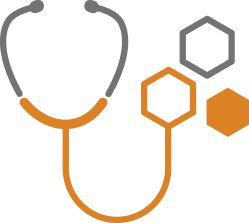
What are my treatment options?
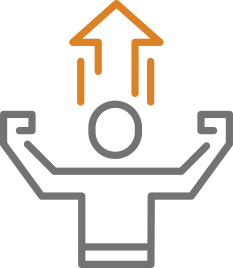
What will help me stay in treatment?
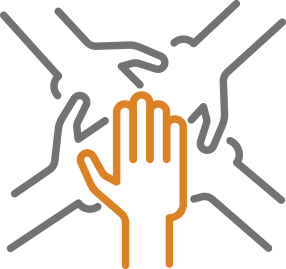
What additional support will I be able to get?
Show references
- Hartney E. The Feeling of Getting High on Heroin. Available at: https://www.verywellmind.com/what-heroin-effects-feel-like-22047 (accessed 21 August 2020)
- Health Direct. Heroin and mental Health. Available at: https://www.healthdirect.gov.au/heroin-and-mental-health (accessed 21 August 2020)
- National Institute on Drug Abuse. Drugs, Brains, and Behavior: The Science of Addiction. August 2014. Available at: https://d14rmgtrwzf5a.cloudfront.net/sites/default/files/soa_2014.pdf
- Alcohol and Drug Foundation. Heroin. Available at: https://adf.org.au/drug-facts/heroin/ (accessed 21 August 2020)
- Department of Health. How to reduce or quit drugs. Available at: https://www.health.gov.au/health-topics/drugs/about-drugs/how-to-reduce-or-quit-drugs (accessed 21 August 2020)
- American Addiction Centers. Quitting Heroin Cold Turkey: Withdrawal Symptoms, Risks, and Detox. Available at: https://americanaddictioncenters.org/heroin-treatment/cold-turkey (accessed 21 August 2020)
Let’s Talk SupPort
There are many different types of support available that range from phone hotlines where you can chat to someone who understands and can give you advice that is important to your situation, practical information such as where you can get sterile injecting equipment, to connecting with online support groups. Some of these are listed below.
Please note, the intention of providing links to these websites is for information only. These should not replace the advice from your doctor. Indivior accepts no responsibility for the content of external websites.
National Alcohol and Other Drug Hotline: 1800 250 015
You will be automatically directed to the Alcohol and Drug Information Service (ADIS) in the state or territory you are calling from.
This website should not be used as a substitute to seeking medical advice. If you have any concerns, please make an appointment to talk to your doctor.

